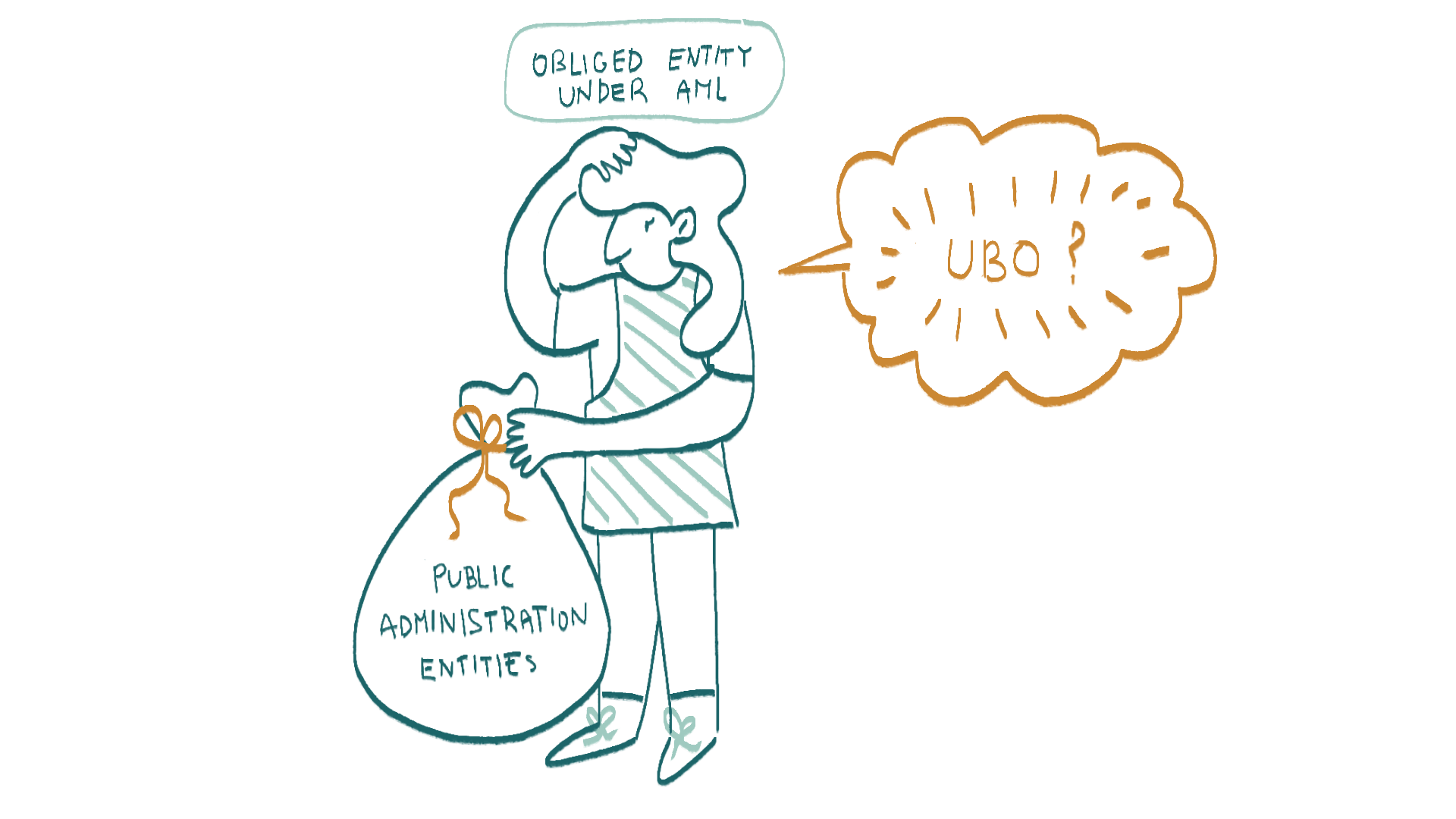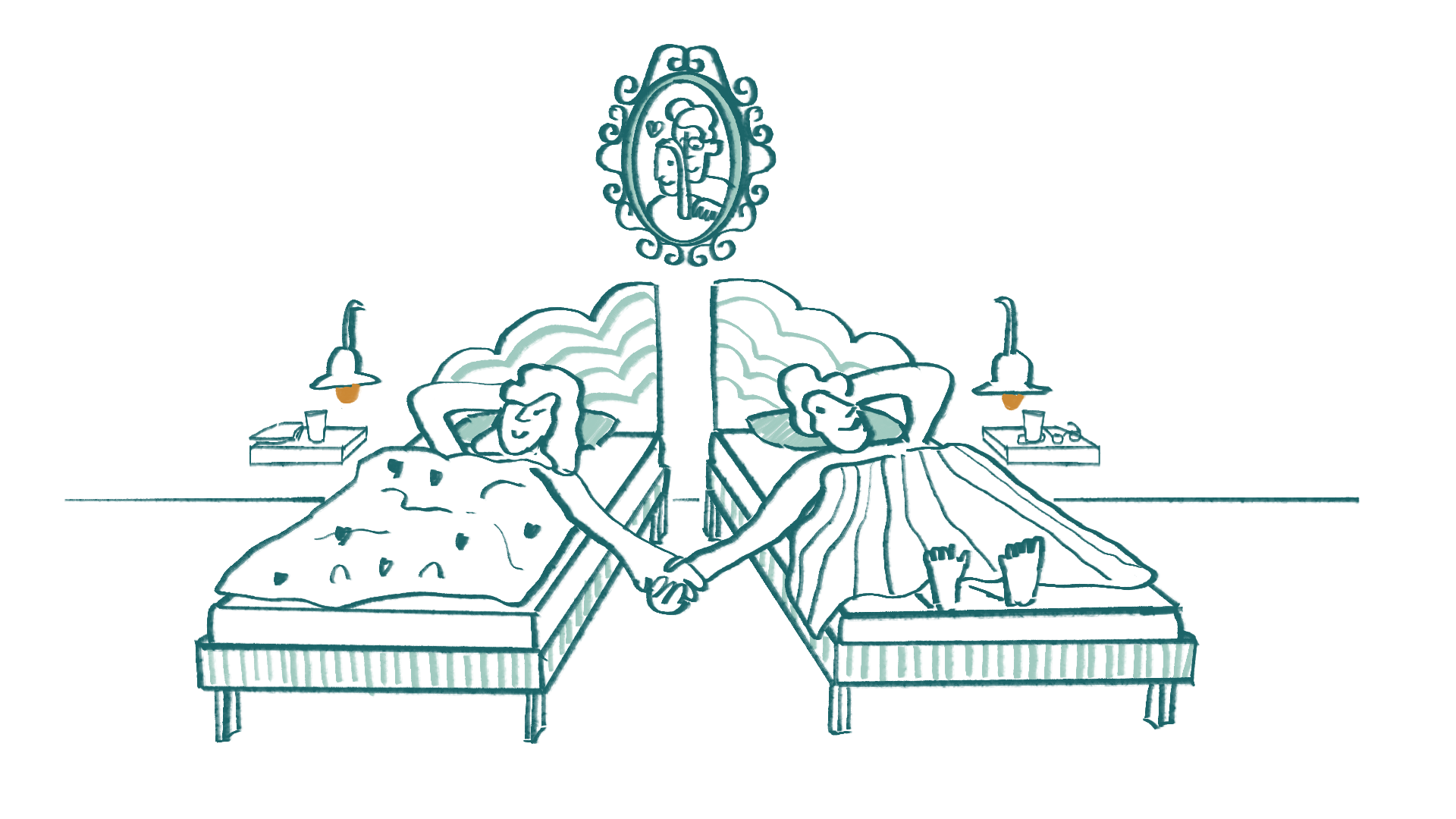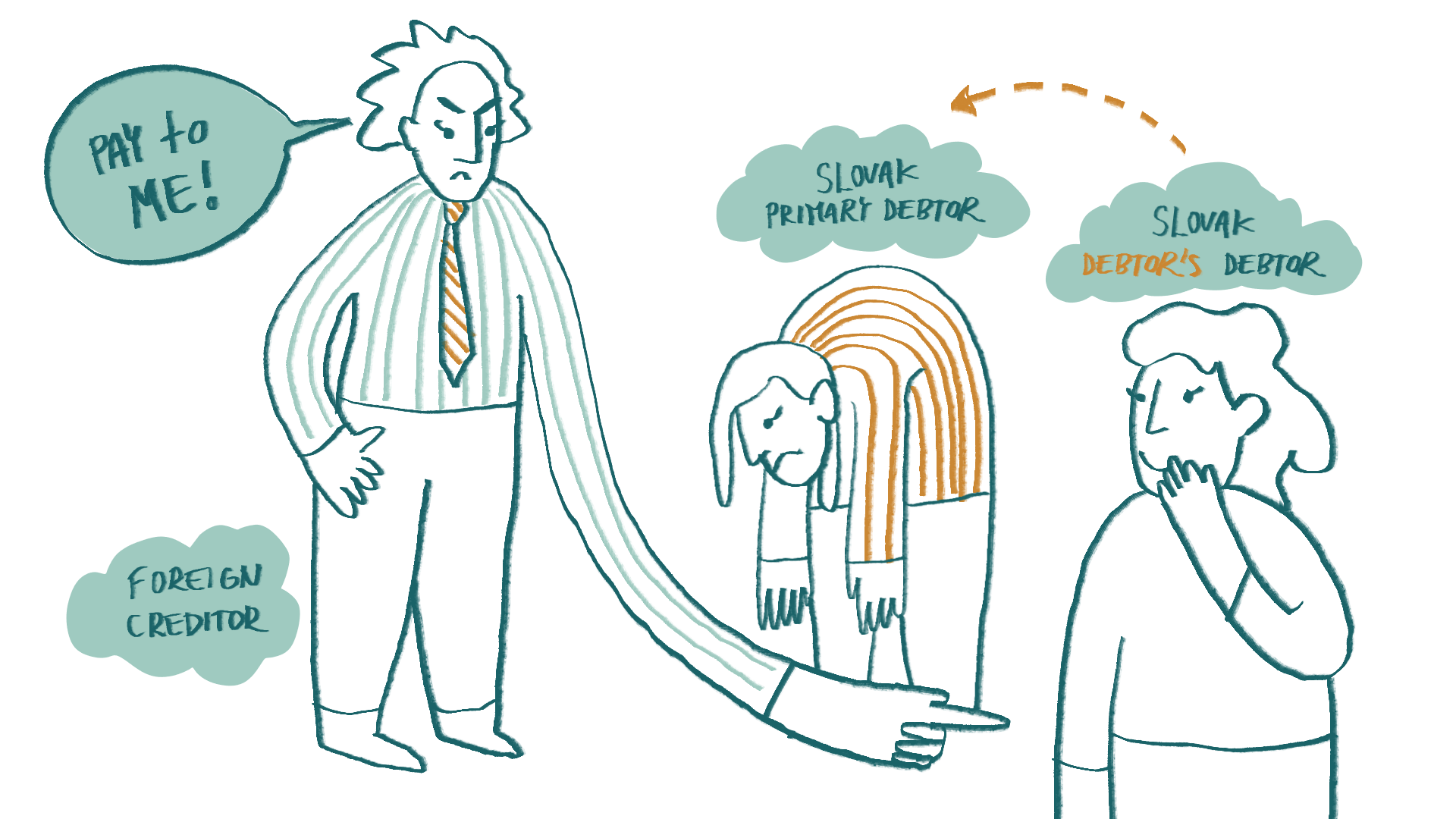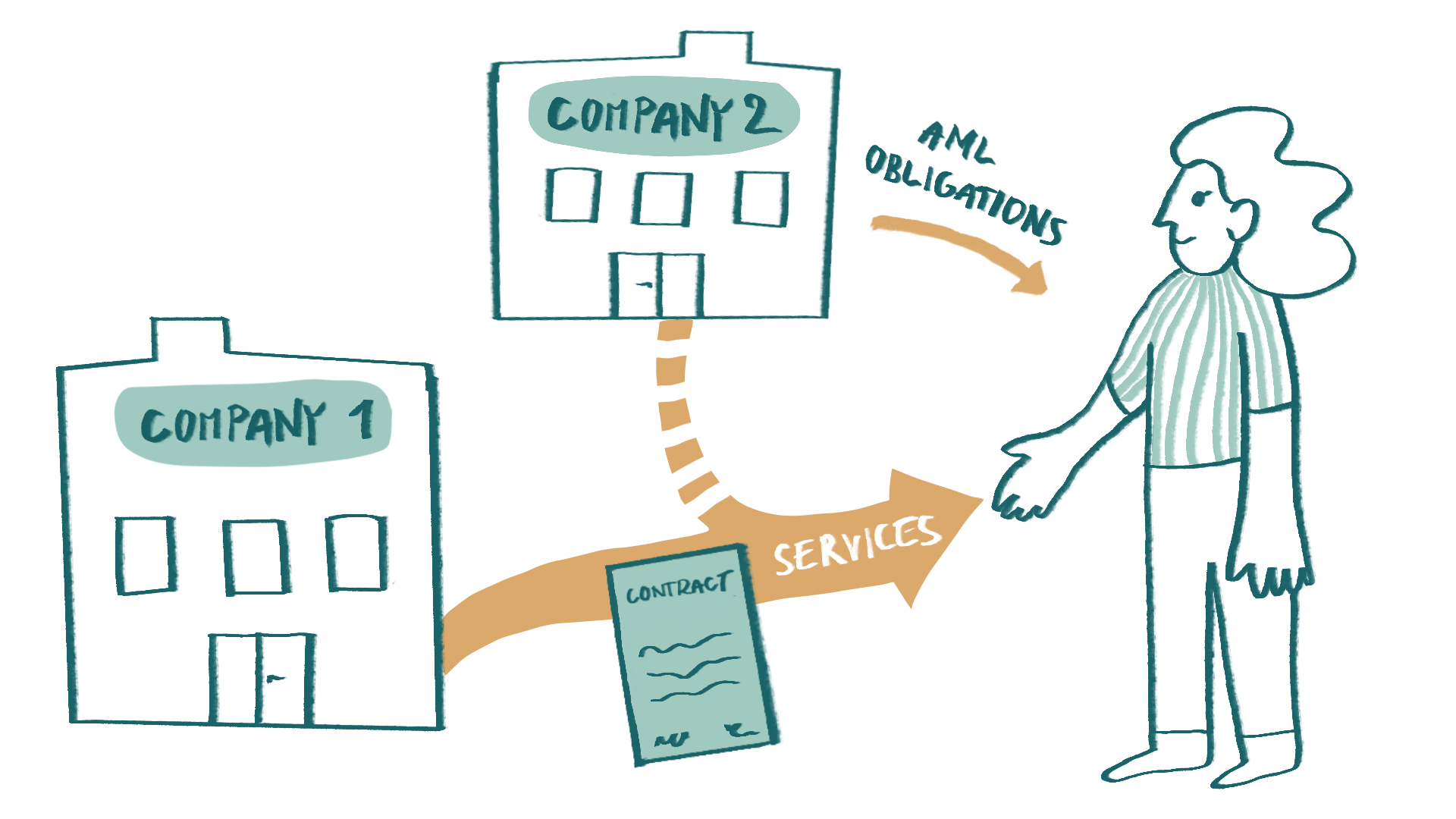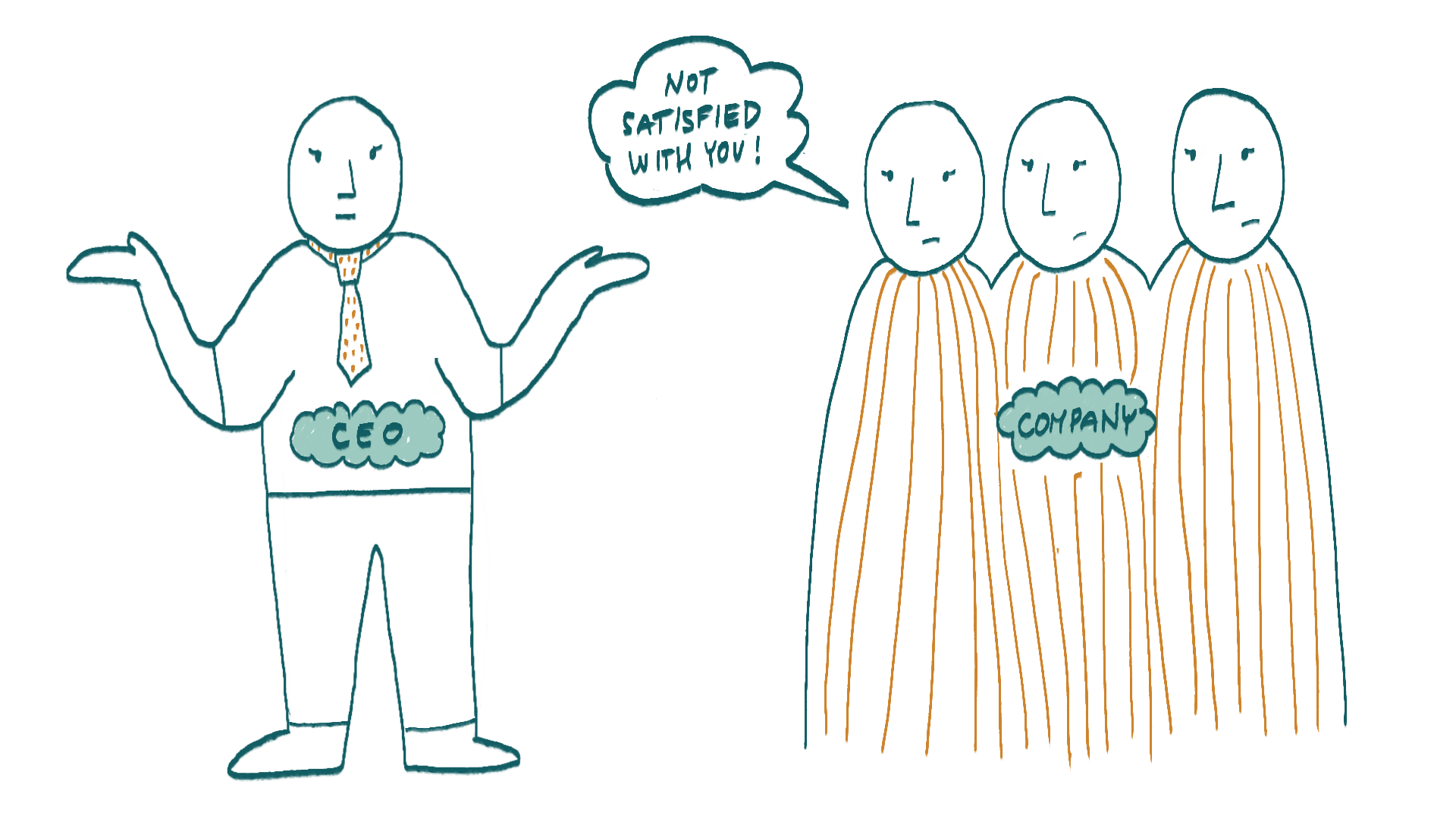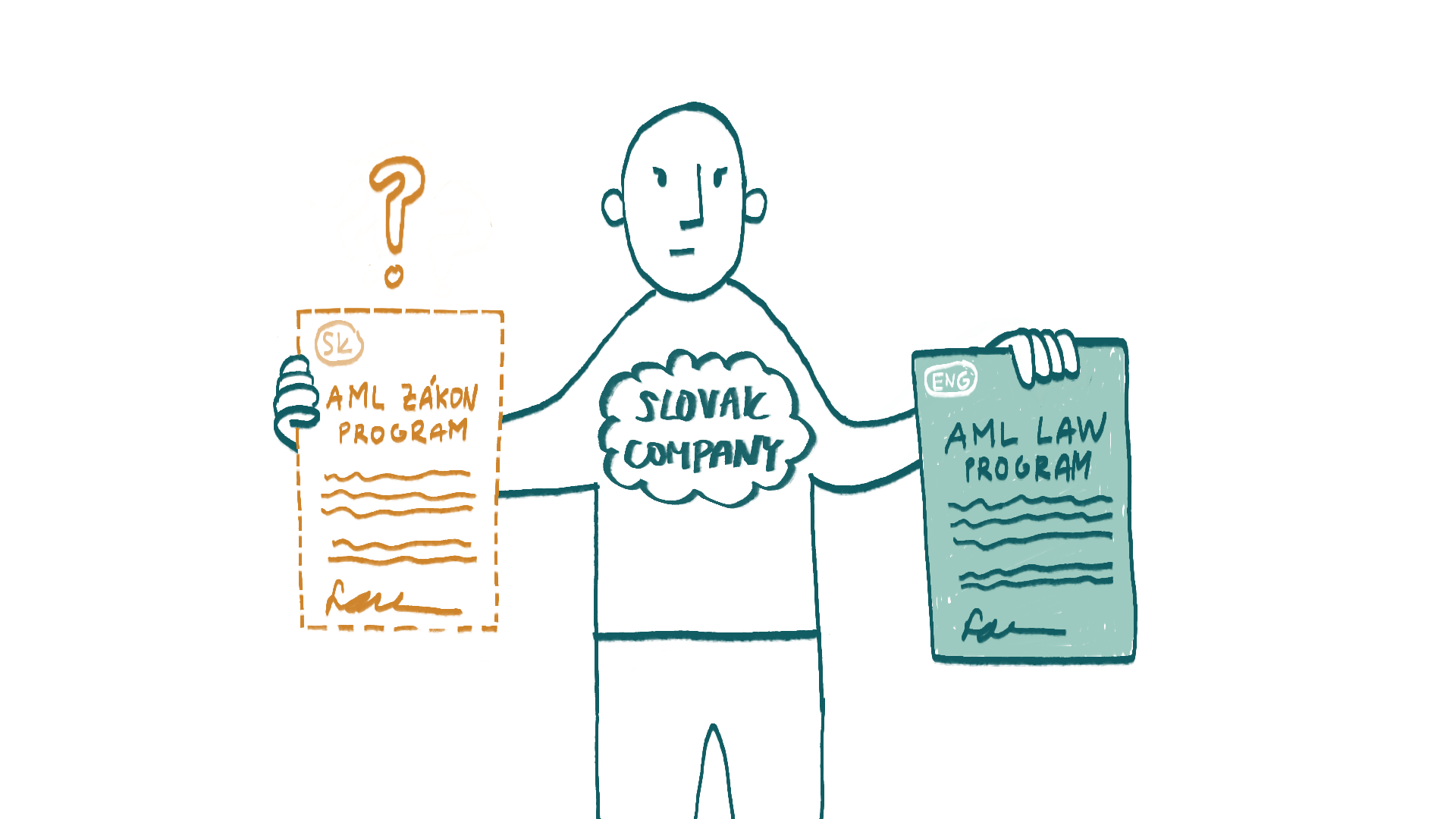Our company has a trade union whose activities are governed by its statutes. According to these statutes, the trade union has established three bodies: the board of directors, the executive board, and the supervisory board. Each of these bodies has at least three members. According to our trade union’s opinion, every member of any of these bodies, regardless of which one, is considered a “member of the relevant union body” as defined by the Labour Code. This means that each such member is entitled, for example, to paid leave or increased protection against termination of employment as per Section 240 of the Labour Code. Is this really the case, and can any member of any body established by the trade union at any time be considered a member of the relevant union body?
In our opinion, a “member of the relevant union body” under the Labour Code can only be a member of the union body that represents the statutory body of the trade union. This means it cannot also include members of other union bodies. We believe that members of the supervisory board, executive board, administrative board, and other bodies established by the trade union according to its statutes cannot be considered members of the relevant union body with a special status under the Labour Code.
Our opinion is primarily based on the provisions of the Labour Code that address union bodies. According to Section 11a of the Labour Code, “the relevant union body, the works council, or the works trustee” are considered employee representatives, and with respect to safety and health at work, an employee representative for safety and health at work is also included. The relevant union body is referred to in the singular, not as relevant union bodies, indicating that there can be only one union body.
According to Section 230(1) of the Labour Code, a trade union is obliged to inform the employer in writing about the commencement of its activities and provide a list of members of the union body when it is established.
Finally, various provisions of the Labour Code, such as Section 231(1), suggest that the relevant union body is the statutory body of the trade union, as it is authorized to act on behalf of the trade union, and represent it in relation to the employer, and third parties. The statutory body of the trade union, among other things, is authorized to conclude a collective agreement with the employer, achieving what is the main purpose of the trade union’s existence.
If the trade union operating in your company has multiple bodies, first identify which one can be considered its statutory body according to the trade union’s statutes. If this is not explicitly clear from the statutes or if various interpretations are possible, then look at the document in which the trade union informed you about the commencement of its activities. The persons listed as members of the union body in this document can be considered the initial members of the relevant union body. If these persons were later replaced by others, then the current members of the relevant union body are those who have replaced them.
Simply put, we believe that only the statutory body of the trade union can be considered the relevant union body, and only the members of the statutory body of the trade union, i.e., those authorized to act on its behalf, can be considered members of the relevant union body under the Labour Code. Primarily, these are the individuals whose identities were reported to the employer when the trade union was established, and subsequently those who replaced them. Therefore, we believe that the provisions of the Labour Code regarding the rights of members of the relevant union body do not apply to members of the supervisory board, executive board, and other bodies of the trade union. This includes not being entitled to paid leave.
An opposite interpretation would lead to absurd scenarios where a trade union could have 10 different union bodies, with all members of such bodies entitled to paid leave and increased protection against termination. Besides the supervisory and executive boards, these could include bodies such as an administrative board, financial board, advisory board, and more. Such an interpretation would be contrary to one of the main principles of labour law derived from Article 2 of the Labour Code, which states that no one should abuse the rights and obligations arising from labour relations to the detriment of the other party in the employment relationship.



